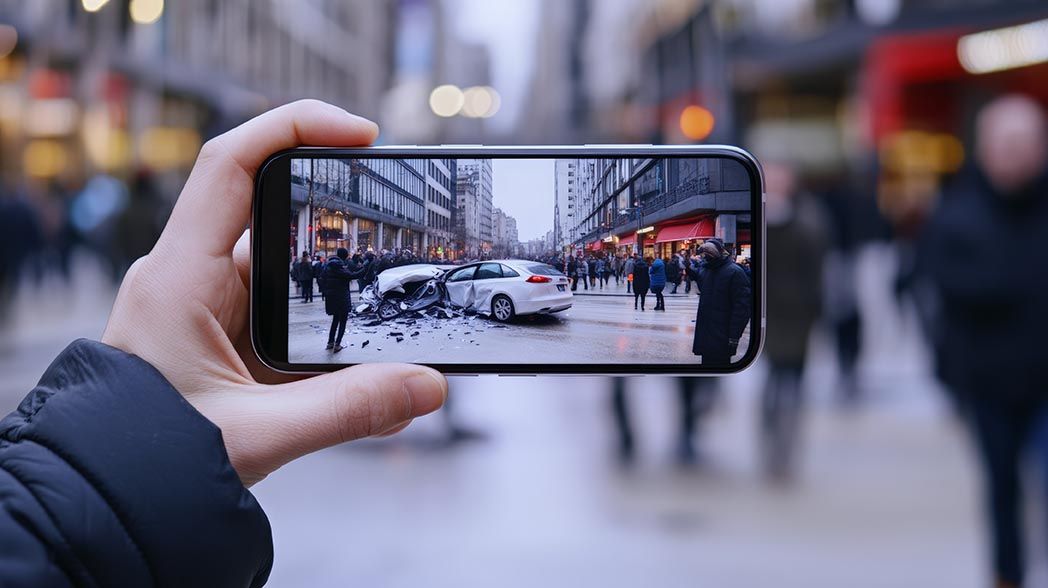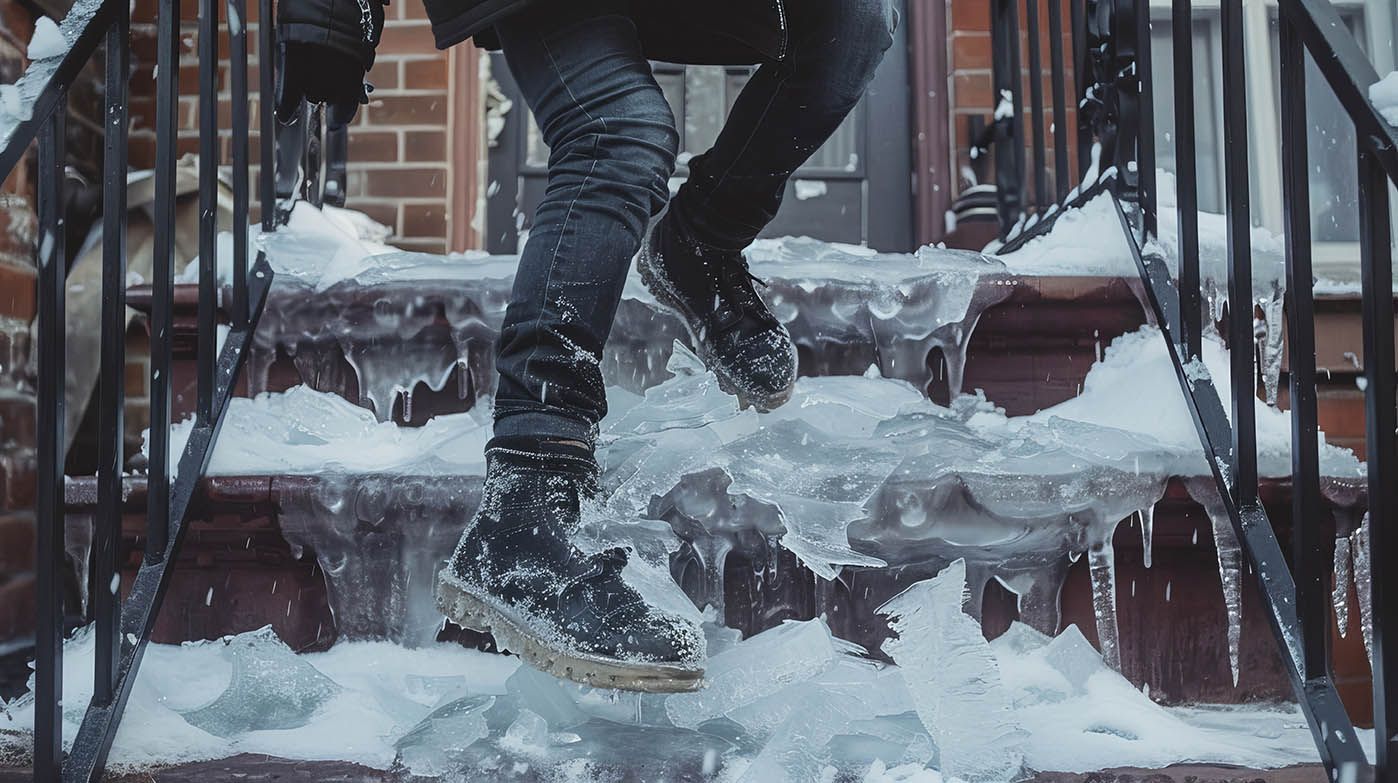BLOG
Understanding the Legal Process After a Car Accident

At Fitch & Stahle Law Firm, we recognize that the aftermath of a car accident is overwhelming. Beyond the physical and emotional stress, navigating the legal process can be confusing. Understanding what to expect and how to proceed can make a significant difference in your case.
The Steps of a Car Accident Claim
1. Filing a Police Report: This is essential for documenting the accident and establishing key details.
2. Seeking Medical Attention: Even if you don’t feel injured immediately, a medical examination is crucial.
3. Gathering Evidence: Collect photos, witness statements, and other documentation that can support your claim.
4. Consulting an Attorney: Speaking with an experienced car accident lawyer ensures your rights are protected from the start.
5. Negotiating with Insurance Companies: Your attorney will handle discussions to secure a fair settlement.
6. Filing a Lawsuit if Necessary: If negotiations fail, your lawyer may recommend pursuing legal action in court.
Understanding these steps can help you prepare and avoid common pitfalls. Contact Fitch & Stahle today to discuss your case.
Understanding Comparative Fault in Car Accidents: How It Affects Your Claim
One of the most misunderstood aspects of car accident cases is comparative fault. Many accident victims assume that if they share any blame for the accident, they can’t recover compensation. However, laws vary by state, and even if you are partially at fault, you may still be entitled to damages.
How Comparative Fault Works
• Pure Comparative Fault: In some states, you can recover damages even if you are 99% at fault, though your compensation will be reduced by your percentage of fault.
• Modified Comparative Fault: Many states bar recovery if you are more than 50% or 51% responsible for the accident.
• Contributory Negligence: A few states prevent you from receiving any compensation if you are even 1% at fault.
How an Attorney Can Help
Insurance companies often try to assign more fault to victims to reduce payouts. At Fitch & Stahle, we gather evidence and build strong cases to challenge unfair liability assessments. If comparative fault is a concern in your case, reach out to us for a consultation.
The Role of Witnesses in Car Accident Cases
Eyewitness testimony can play a crucial role in proving liability and securing compensation in a car accident claim. Many people overlook the importance of witnesses, but their statements can provide unbiased perspectives on what happened.
Why Witness Testimony Matters
• Clarifies Fault: Witnesses can confirm which driver was negligent.
• Supports Your Version of Events: Their statements can strengthen your claim.
• Helps Refute False Claims: If the other party tries to shift blame, witnesses can counter their argument.
How to Secure Witness Testimony
• Get Contact Information: Always collect names, phone numbers, and addresses of potential witnesses.
• Ask for a Statement: If possible, have them describe what they saw while it’s fresh in their memory.
• Work with Your Attorney: Your lawyer can follow up and ensure their testimony is properly documented.
If you’ve been in a car accident, don’t underestimate the power of a strong witness statement. Contact us at Fitch & Stahle to discuss how we can use this evidence to strengthen your case.
Understanding Economic vs. Non-Economic Damages in Car Accident Cases
After a car accident, victims may be entitled to different types of damages. Understanding the difference between economic and non-economic damages can help you build a comprehensive claim.
Economic Damages
These damages cover tangible financial losses, including:
• Medical bills
• Lost wages
• Property damage
• Rehabilitation costs
Non-Economic Damages
These damages compensate for intangible losses, such as:
• Pain and suffering
• Emotional distress
• Loss of enjoyment of life
• Permanent disfigurement or disability
Maximizing Your Compensation
Insurance companies often try to downplay non-economic damages. At Fitch & Stahle, we work to ensure our clients receive full compensation for both economic and non-economic losses. Contact us today to learn how we can help.
How Weather Conditions Can Impact Car Accident Liability
Many drivers assume that bad weather absolves them of responsibility in an accident. However, weather conditions do not eliminate liability—they simply add another layer of complexity to the case.
Common Weather-Related Accidents
• Rain & Wet Roads: Slippery surfaces increase stopping distances and reduce control.
• Snow & Ice: Black ice and snowy roads can lead to loss of control.
• Fog & Low Visibility: Limited visibility increases the risk of collisions.
Determining Fault in Weather-Related Accidents
While poor weather can contribute to an accident, drivers are still expected to adjust their behavior accordingly. Liability may depend on whether a driver:
• Was driving too fast for conditions
• Failed to use headlights or windshield wipers properly
• Followed another vehicle too closely
If you were in a weather-related accident, having an attorney review your case can help determine fault and ensure you receive fair compensation. Contact Fitch & Stahle for expert legal guidance.


